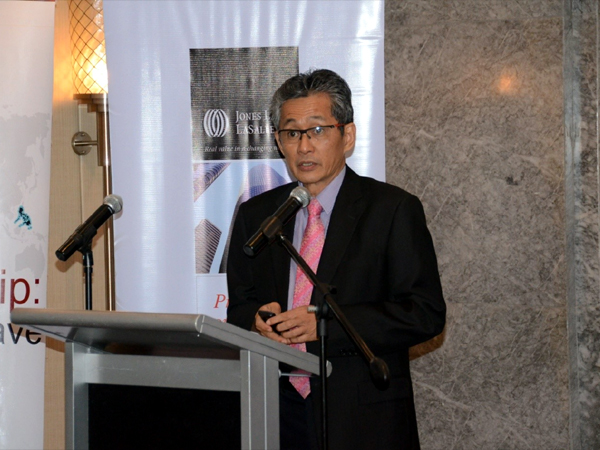Nearly a million Filipinos earn via Internet

Monchito Ibrahim, deputy executive director of the Department of Science and Technology-Information and Communications Technology Office (DOST-ICTO). Photo from https://dost.gov.ph/
MANILA, Philippines—At least 900,000 Filipinos make a living out of the Internet through so-called virtual jobs, according to the Department of Science and Technology (DOST).
Leading the celebration of the 20th anniversary of the Internet in the country, the DOST said the Internet has become a source of legitimate livelihood for many Filipinos through outsourced services.
“Today we have 900,000 Filipinos who do their work virtually, who earn a living through the use of the Internet,” said Monchito Ibrahim of the DOST Information and Communications Technology Office (ICTO) at the start of the week-long Internet20PH convention Friday.
He said these do not include those who work in call centers or in the business process outsourcing industry.
He said these are those who engage in online jobs, either part-time or full-time, usually from their homes since they have Internet connections.
Article continues after this advertisementThese include jobs such as a virtual assistant, website design and development and writing jobs, Ibrahim said.
Article continues after this advertisement“It’s an emerging (industry),” he added.
While the Internet explosion has also spurred criminal activities such as online child pornography victimizing poor families in remote villages, Ibrahim said those who put the Internet to bad use “are just very, very small” in number.
Two decades since the DOST and top universities collaborated to electronically link to the Internet, more than half of the country’s 92 million population are believed to be without Internet access.
Ibrahim said the latest official estimate based on “industry figures” is that 40 million to 45 million Filipinos are connected to the Internet.
But no one knows for sure which parts of the country do not have Internet access, he admitted.
“We don’t have the means to do a survey. We rely on industry figures,” Ibrahim said.
The DOST, according to Ibrahim, has a five-year plan to get each of the country’s 42,027 barangays connected to the Internet “starting with the remote barangays.”
He said their aim was to have at least one community e-center in every barangay, like a community Internet cafe.
The ICTO said it plans to provide rural Internet connectivity through TV white space technologies, or the unused frequencies between TV channels.
RELATED STORIES
20 years on, world’s first web page to be reborn
More Filipinos now using Internet for news, information–study